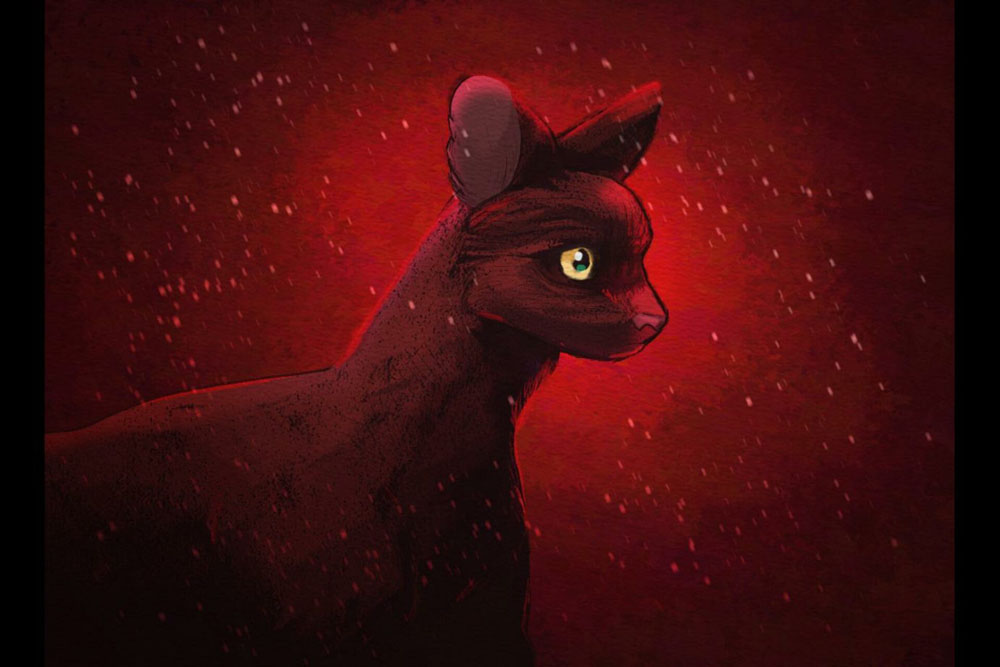Many seniors, including myself, were in the process of college application and research. We’d need to use a personal essay, or a writing supplemental, for a lot of the colleges we’d apply to, so English provided a project to prepare us. I was very happy to have the support and guidance of Mr. Greco. There was a thorough process of reflection and drafting for my essay. I went through a lot of revisions to have the essay I present now.
My first year of life was a staring contest with my mom. When she looked away, I’d wail at the loss of connection. She was my entire world; her presence comforted me.
As I became a toddler, it became clear I had myopia, short sightedness. I also needed adjustments to shift the muscles around my eyes to see the world three-dimensional. The surgery re-birthed me. Walking through the oak tree lined paths of the park in Zurich with my mom, I drew her attention to the swans on the lake and the squirrels racing across the leaf carpet floor.
After we moved to Romania, I started to develop my love of visual detail through my kindergarten painting class. I remember how the amber lights made our canvases glow at long tables. We were assigned to recreate Van Gogh’s Sunflowers, and boldly lathering the burning reds with lively blues won me an award for “Most Creative”. Taking risks in my artwork at such a young age enabled me to translate the world I saw anew into my own voice.
Throughout my childhood and early adolescence, I took art electives and created works independently whenever I could, but I also took interest in traditional academic pursuits. I challenged myself with advanced science and math classes, volunteered as a Teen Tutor, and got involved in Mock Trial.
It was the latter experience that made me realize my passion for expressing myself through logic. In Mock Trial, I found a community founded on structured debate and legal reasoning. When I was a defendant in a courtroom for competitions, I learned how to pay attention to the nuances of argumentation. I listened to the opening statements the prosecution weaved, which made me more aware of when people would try to pass off a specious argument. Successful lawyers are successful storytellers because they’re able to emphasize details that’ll sway the thoughts and feelings of jury members.
Like lawyers, animators have their own logic—the twelve principles of animation—which they use to make a story believable for their intended audience. In middle school, I started animating on Adobe Flash, experimenting with simple objects, such as lines and balls, and basic characters. It wasn’t until I decided to join Freestyle Academy during my junior year that I used the animation principles more. Arcs made natural swings of motion, and timing my frames enforced impactful poses. Any time I watched an animation, I could visualize the principles and see each layer the animator constructed in order to create a believable story. I was eager to share my work with my mom because she has an eye for design; when she got excited, it made me want to create more.
My time in Mock Trial has made me better at presenting logical information, while animation has made me capable of better emotionally connecting with others, such as through visual narrative. I know I am just as capable of creating personal connections with a larger audience as I can with one person. Understanding the need to better communicate with a jury and judge is similar to reaching audiences through my artistic work.
I’m working to become a professional animator who’s able to communicate with diverse audiences through logic and emotion. My experience in various communities, both international and local, has allowed me to develop a wider range of vision as a storyteller.
